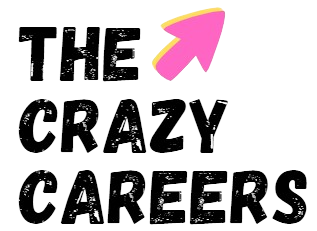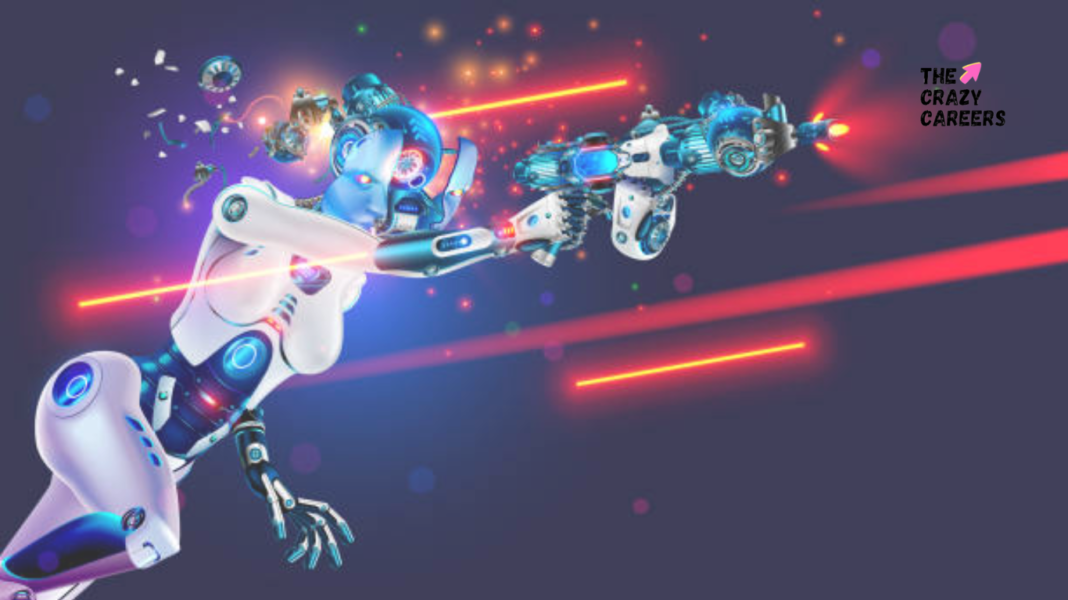The film industry is at the forefront of technological innovation. Artificial intelligence (AI) is revolutionizing filmmaking in unprecedented ways. From visual effects to storytelling, AI in filmmaking is enhancing creativity, efficiency, and innovation.
AI in Visual Effects
AI’s impact on visual effects is remarkable. Early applications included automated color correction and basic animations. Today, AI creates lifelike animations and photorealistic digital scenes. Deep learning and neural networks enhance visual realism. For example, “Avatar: The Way of Water” used AI to create realistic underwater scenes and characters. “Indiana Jones and the Dial of Destiny” used AI to de-age Harrison Ford, employing advanced facial recognition and deep-fake techniques. These examples showcase how AI enhances visual quality and enables new creative possibilities.
AI in Storytelling
AI is transforming the narrative aspect of filmmaking. Tools like ChatGPT and Jasper AI assist in scriptwriting, creative visualization, and concept design. These platforms generate script ideas and dialogues based on prompts, speeding up the scriptwriting process. AI tools like Midjourney, Stability Diffusion, DALL-E, and Runway ML help in storyboarding by generating visual representations of scenes. This integration of AI drives innovation and efficiency in the industry.
AI in Filmmaking: Personalization and Audience Engagement
AI enhances audience interaction with films. Streaming services like Netflix use AI algorithms to predict user preferences based on viewing history. This personalized viewing experience keeps audiences engaged and improves viewer satisfaction.
Acquiring AI Skills in Filmmaking
Aspiring filmmakers must acquire AI skills to stay competitive. Understanding machine learning, computer vision, and natural language processing is essential. Specializing in generative AI applications, like Midjourney and Runway ML, enhances creative visualization capabilities. Practical experience through internships, industry events, and hands-on projects is crucial. Programs like Deep Learning Specialization and Introduction to Artificial Intelligence offer valuable knowledge and skills.
Practical Projects and Hands-On Experience
Engaging in practical projects helps develop proficiency in AI applications. Project ideas include:
- AI-Enhanced Scriptwriting: Using AI platforms to generate scripts.
- Automated Video Editing: Utilizing AI tools for faster workflows.
- VFX Automation: AI tools can automate aspects of VFX creation.
- AI-Driven Animation: Using AI-based motion capture tools.
- Real-Time Broadcasting: Enhancing live broadcasts with AI systems.
- Speech Recognition: Creating speech-to-text systems for subtitles.
Gaining hands-on experience through internships, hackathons, and freelance projects builds a professional portfolio.
Also Read: Budget 2024 Highlights: Powering India’s Creator Economy
Association with AI Experts
Collaborating with AI experts is vital for effective integration of AI technologies in filmmaking. Filmmakers should define the scope of AI usage, invest in training, and leverage existing tools. Starting with pilot projects and collaborating with AI enablers can streamline content creation workflows and ensure visual quality.
The future of filmmaking is intertwined with AI advancements. Embracing AI technologies allows filmmakers to push creative boundaries, enhance efficiency, and deliver captivating stories. As AI evolves, the possibilities for visual effects and storytelling in filmmaking are limitless, heralding a new era of cinematic innovation.
About the Author: Mr. Abir Aich, Executive Vice President, New Technologies | Arena Animation, MAAC & The Virtual Production Academy by Aptech




